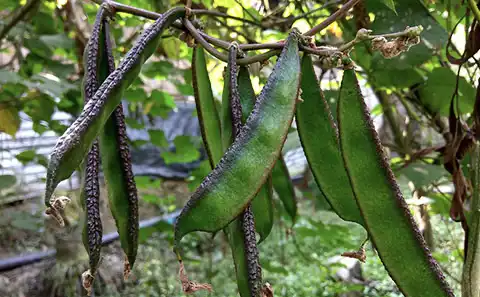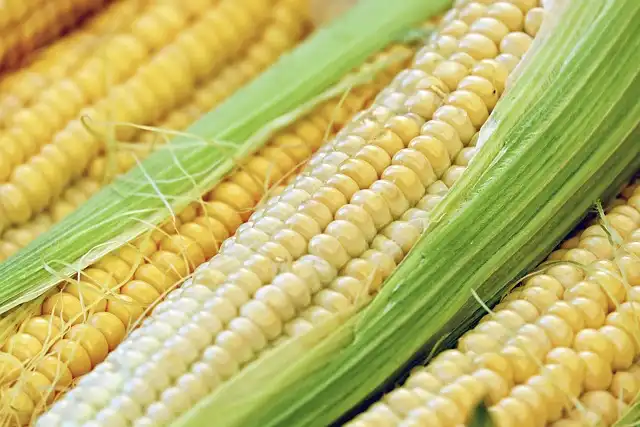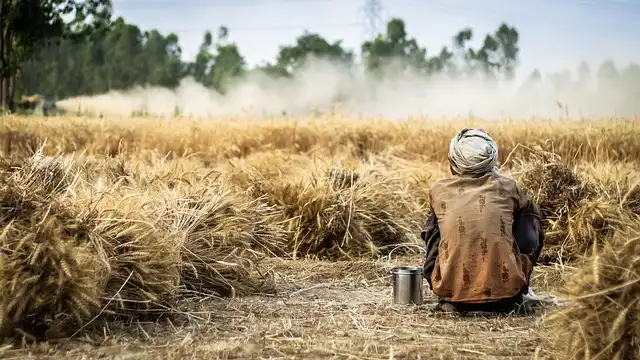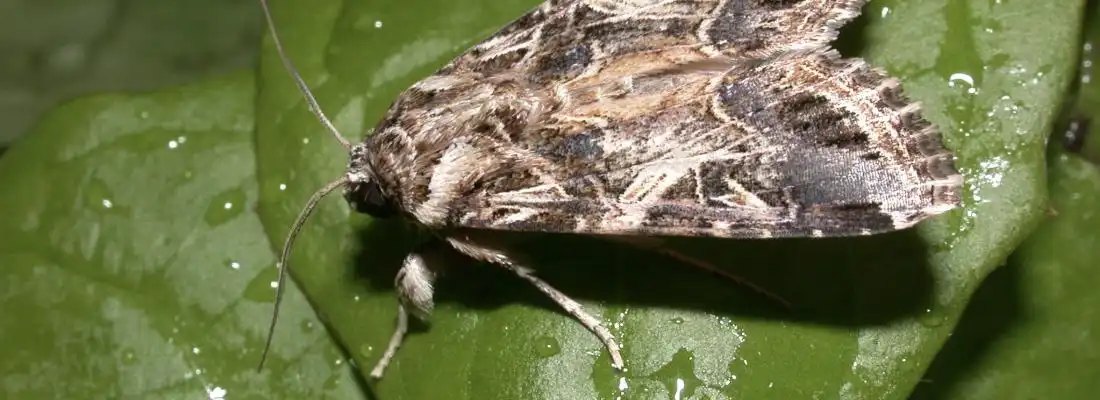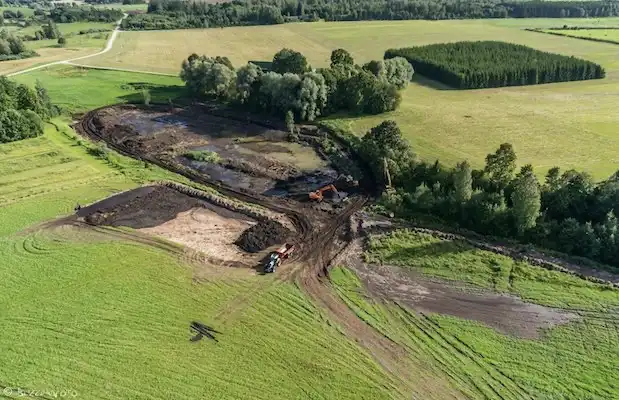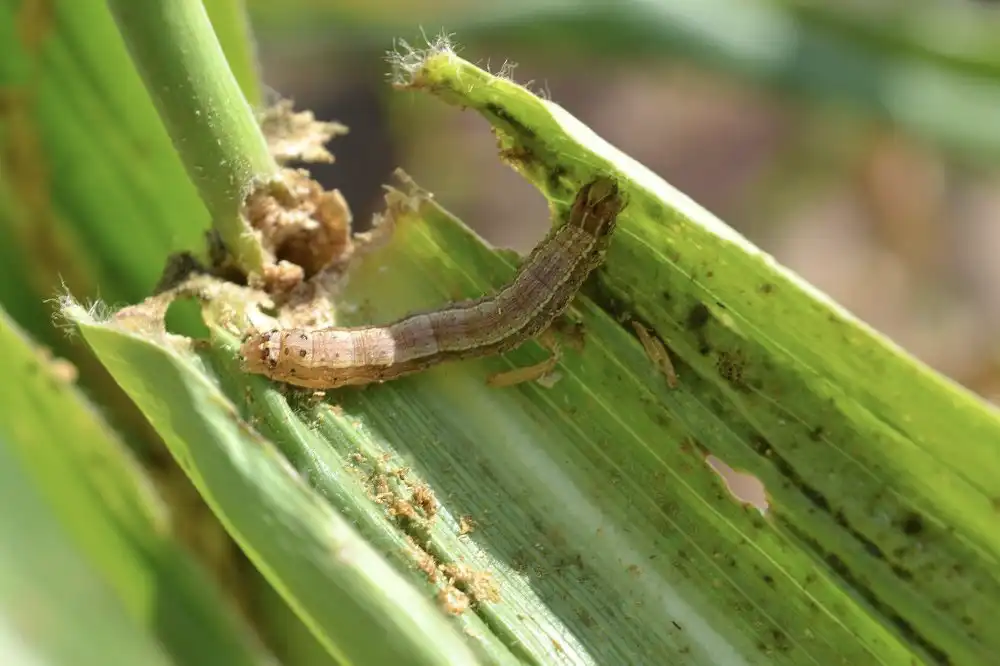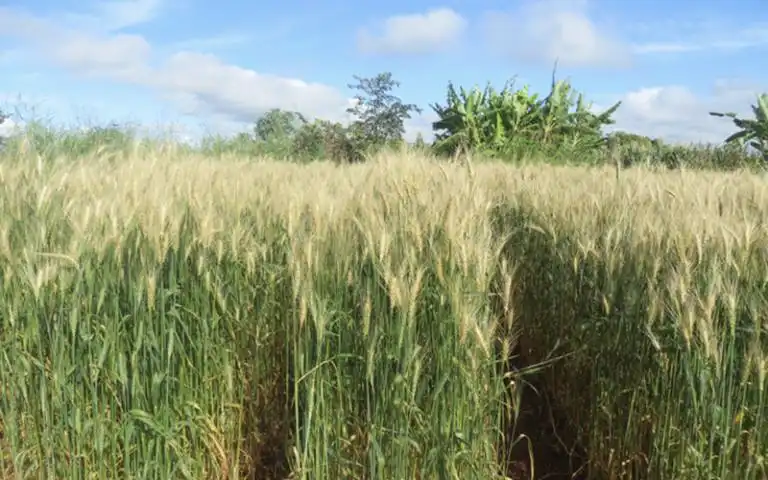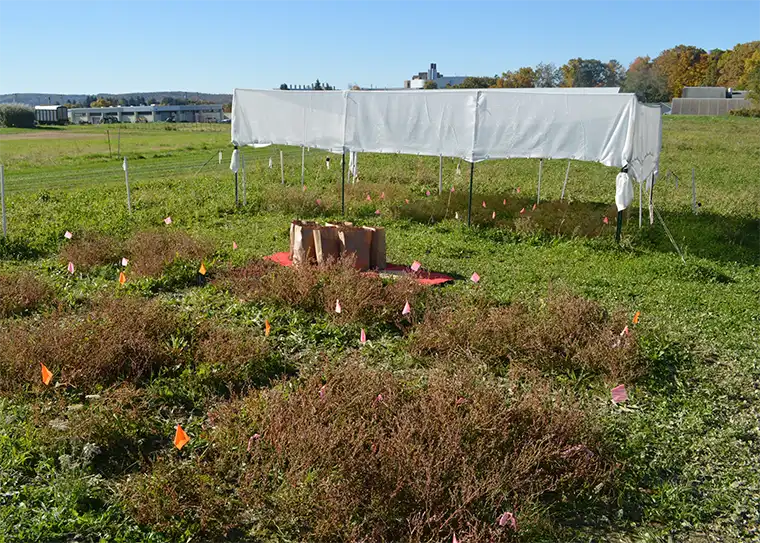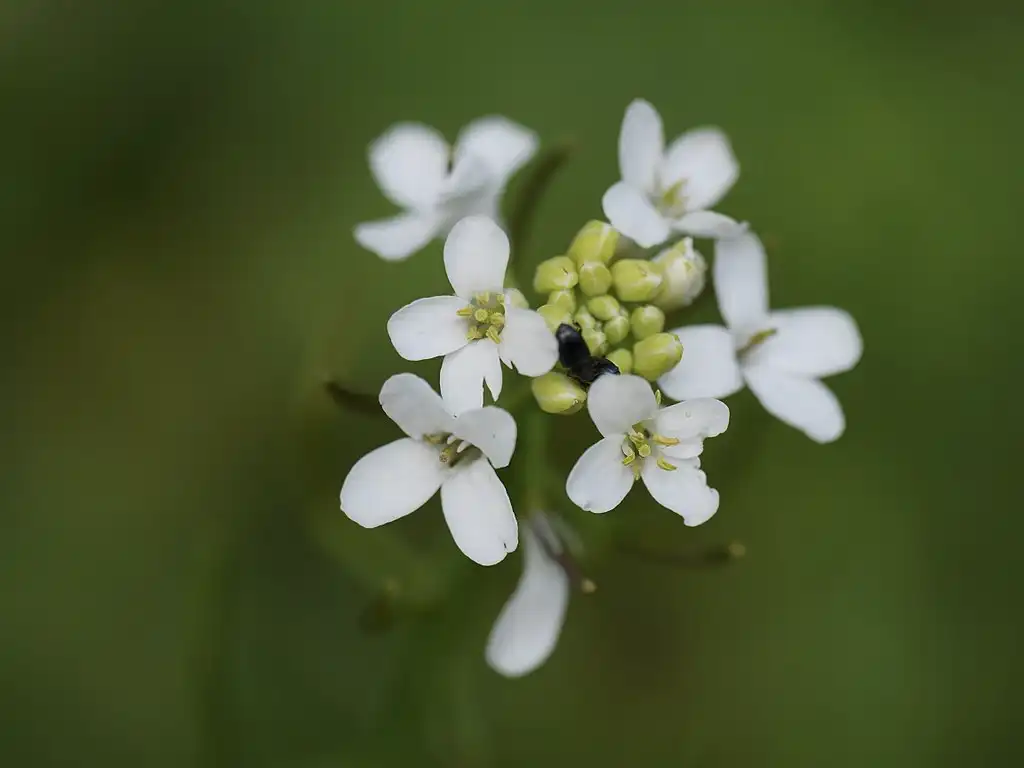
New research has identified a new protein complex in plants that regulates temperature response by the circadian clock. As climate change influences daily and seasonal temperature patterns – such as warmer nights and winters – it is critical to better understand how plants interpret and react to thermal cues.


